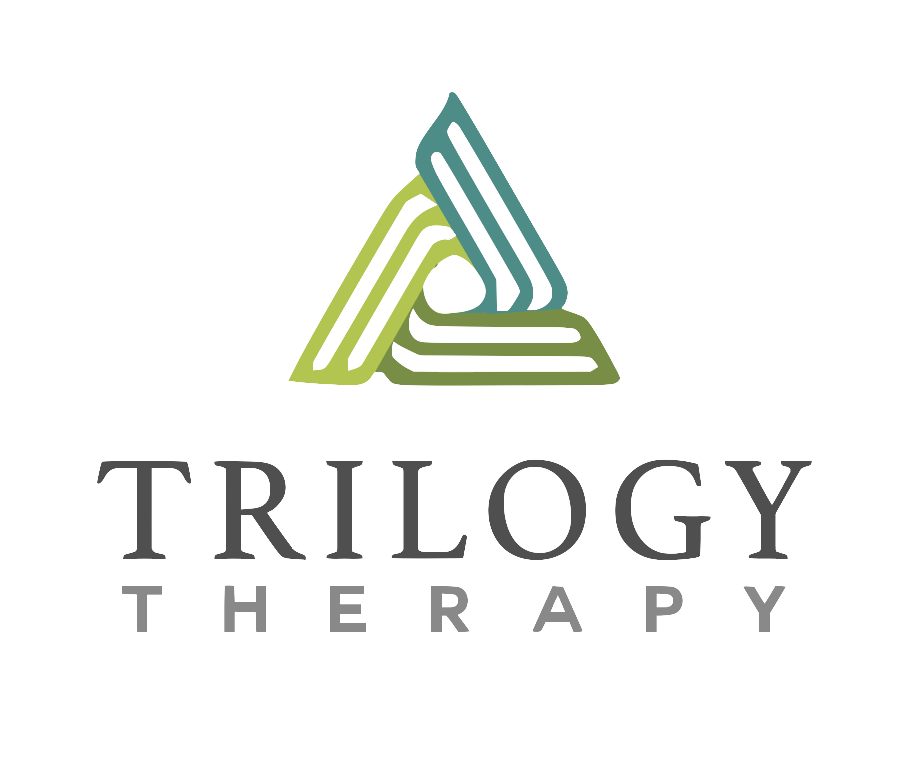Holiday Gift Guide 2021!
/‘Tis the season! We're fast approaching the holiday season and we thought it would be fun to compile two gift guides - one for the kids and one for the therapists in our lives! While it should always be stressed that kids don’t need toys to facilitate purposeful play (my four year old prefers her rock and stick collection to almost everything else), it’s nice to have a reference point when grandparents or family members ask for ideas for our little ones.
Fisher Price Laugh and Learn Piggy Bank : this one is so fun for the toddlers in our lives and is such a great facilitator of grasp, hand eye coordination, and problem solving!
Poke-a-Dot books : these are a huge hit at my house. My youngest (1) loves to practice “popping” the bubbles and my oldest (4) loves to practice reading to her little brother and pops the bubbles back and forth as well. Excellent practice for finger isolation!
Stepping Stones : absolutely excellent for balance, coordination, and body awareness. So fun for building obstacle courses too!
EZ Roller : a fan favorite. These seated scooters can take practice to master, but are so great for midline integration, full body coordination and fluidity.
Spike the Fine Motor Hedgehog : another one for our toddler friends. As the name suggests, a super fun way to practice those fine motor skills - pincer grasp, visual-spatial and turn taking.
My First Palm Grip Crayons : Keeping the developmental progression of grasp in mind, crayons developed these palmer crayons for our younger friends with emerging scribble and coloring skills. They would be a fun stocking stuffer for the younger crowd!
MagnaTiles : Another favorite for a large age range. These magnetic tiles are great for building, imagining, calibrating force of movement and visual-perception.
Little Tykes 3’ Trampoline : A huge favorite to achieve sensory modulation at home that doesn’t require a ton of room. We’ve had one in our house for years and it gets used daily.
Sneaky Snacky Squirrel Game : Simple, yet fun, this board game does not require any reading, but is a good opportunity to practice grasp with a tool (some fun tongs!), color recognition and matching, and turn taking with friends!
Fidget Kit toys : fidgets have become more mainstream in classrooms in the last few years and we are here for it! These kits contain many different options and can be used to help kiddos increase attention to task in different settings.
For the therapist in your life!
We thought it would also be fun to include a few things we LOVE and a few things on our Christmas lists for this year as well. And yes, I included two different bags. One we all have and love (hello, Patagonia), the other is on my wish list. I’ve found that many therapists prefer different things for their “supply” bag, but also end up carrying around a smaller bag for personal items they can get to easily and hands free.
The best pens : We always need pens. We’re constantly losing pens. We’ll spend hours hunting down our favorite pen. Bear with us.
An excellent water bottle : I could and should just copy and paste the description from the pens.
Erin Condren Lifeplanner : These can get a bit pricy but they are fully customizable and LAST. They work so well for keeping your life and your caseloads organized.
Patagonia Atom 8L Sling Bag : Easy, hands free, perfect size for a phone, wallet, water bottle (and a few diapers and wipes for my stage of life)… it’s excellent!
and because we need options…
Everywhere Belt Bag : this one is on my list this year. I’ve heard nothing but awesome things from anyone I know who has one.

